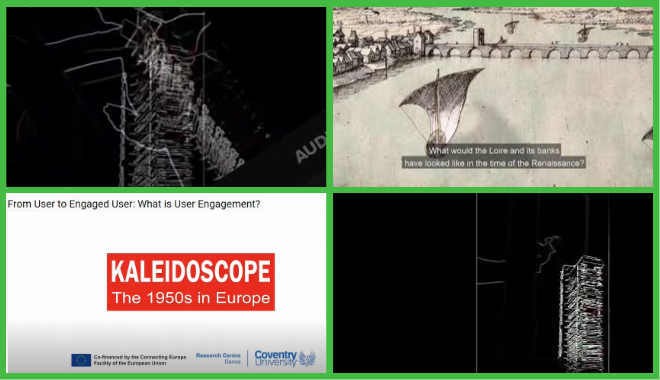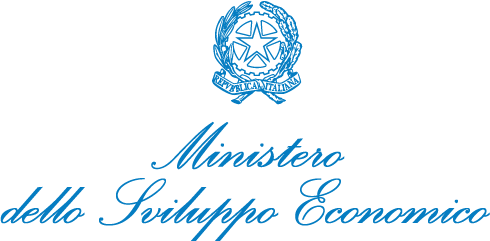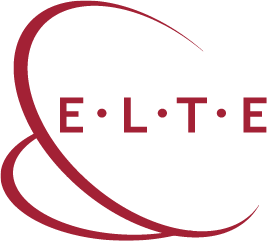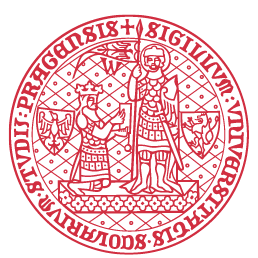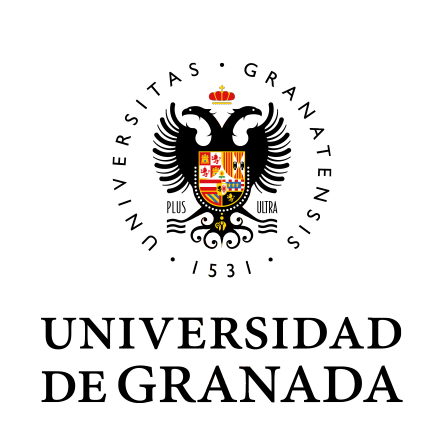· understanding place as a fixed, geographical focus for some, providing a sense of identity and belonging, and the significance of place for rural/small town communities disconnected from urban society; analysing the relationship between place and the value placed on CH;
· for migrant communities, intangible heritage as a way to preserve identity and relate to place (a sense of belonging – perhaps to the ‘homeland’);
· the relationship between identity (European/national/regional/local) and traditions, rituals, narratives and symbols – their development, and sometimes invention, and how their meaning is communicated;
· analysing the role of heritage in narrative-building for Europe – the legacy of a centuries-old background in scientific endeavour and respect for knowledge acquisition, and a rich repository of resources on good/best practices, including heritage that is contested, conflicted and traumatic.
· understanding how CH interpretation and shared historic experiences can contribute to an enhanced sense of togetherness between nations and in Europe; analyse ways to formulate an inclusive heritage discourse by facilitating interpretations and approaches in history research and education that are multi-perspective and authentic.

